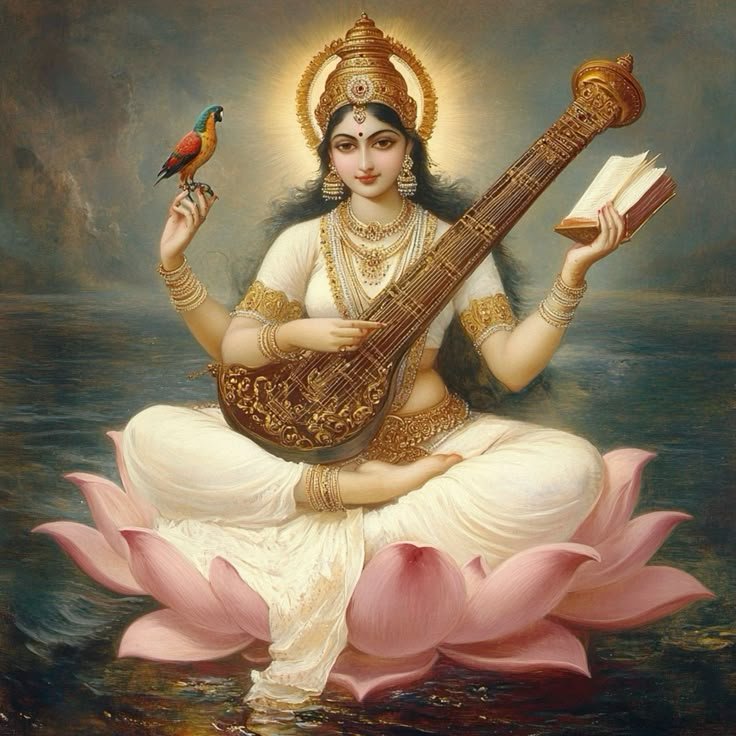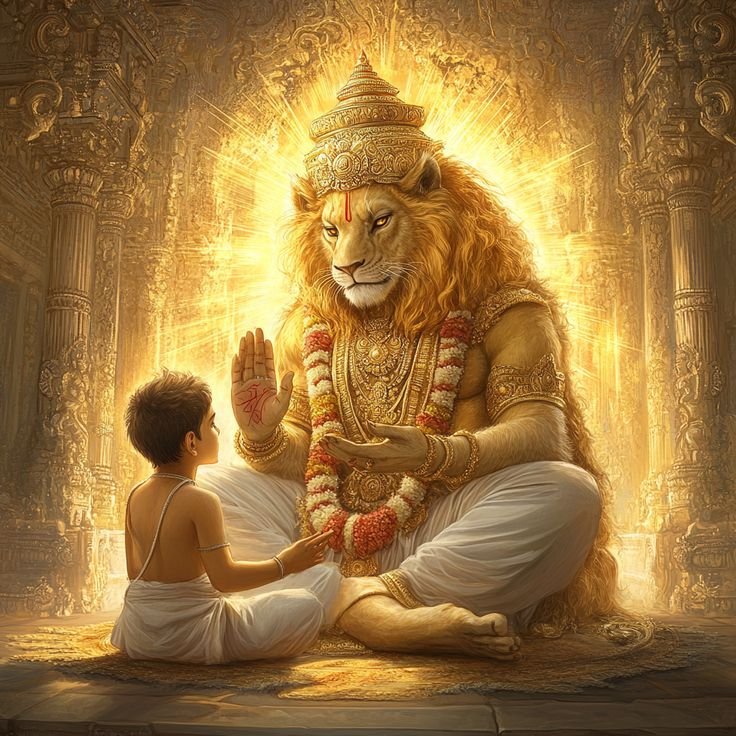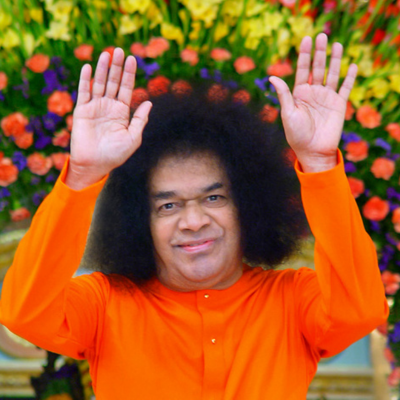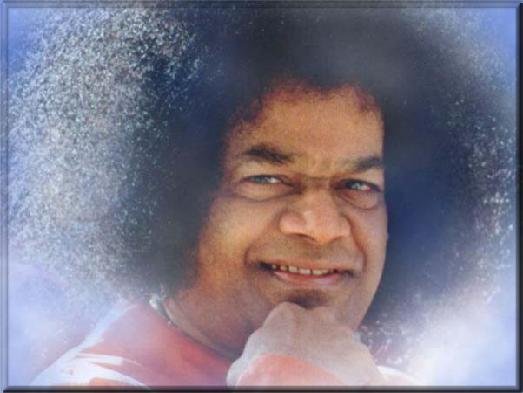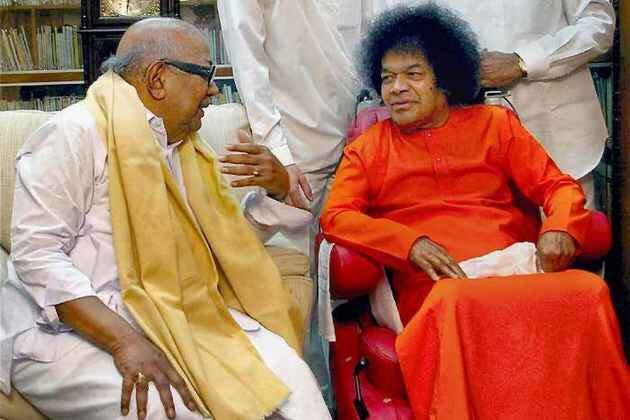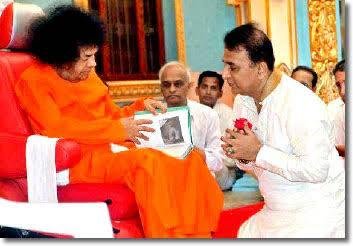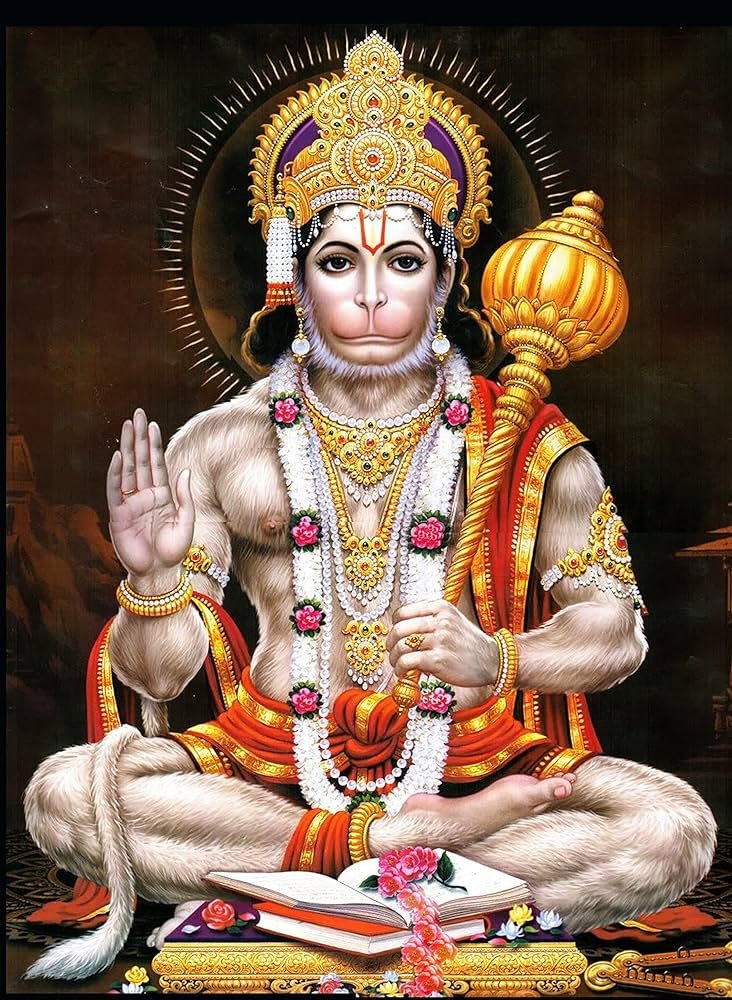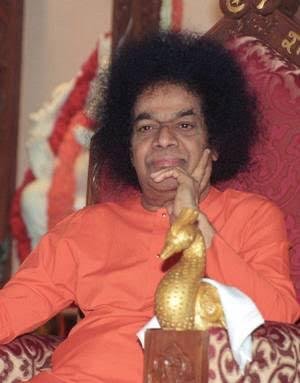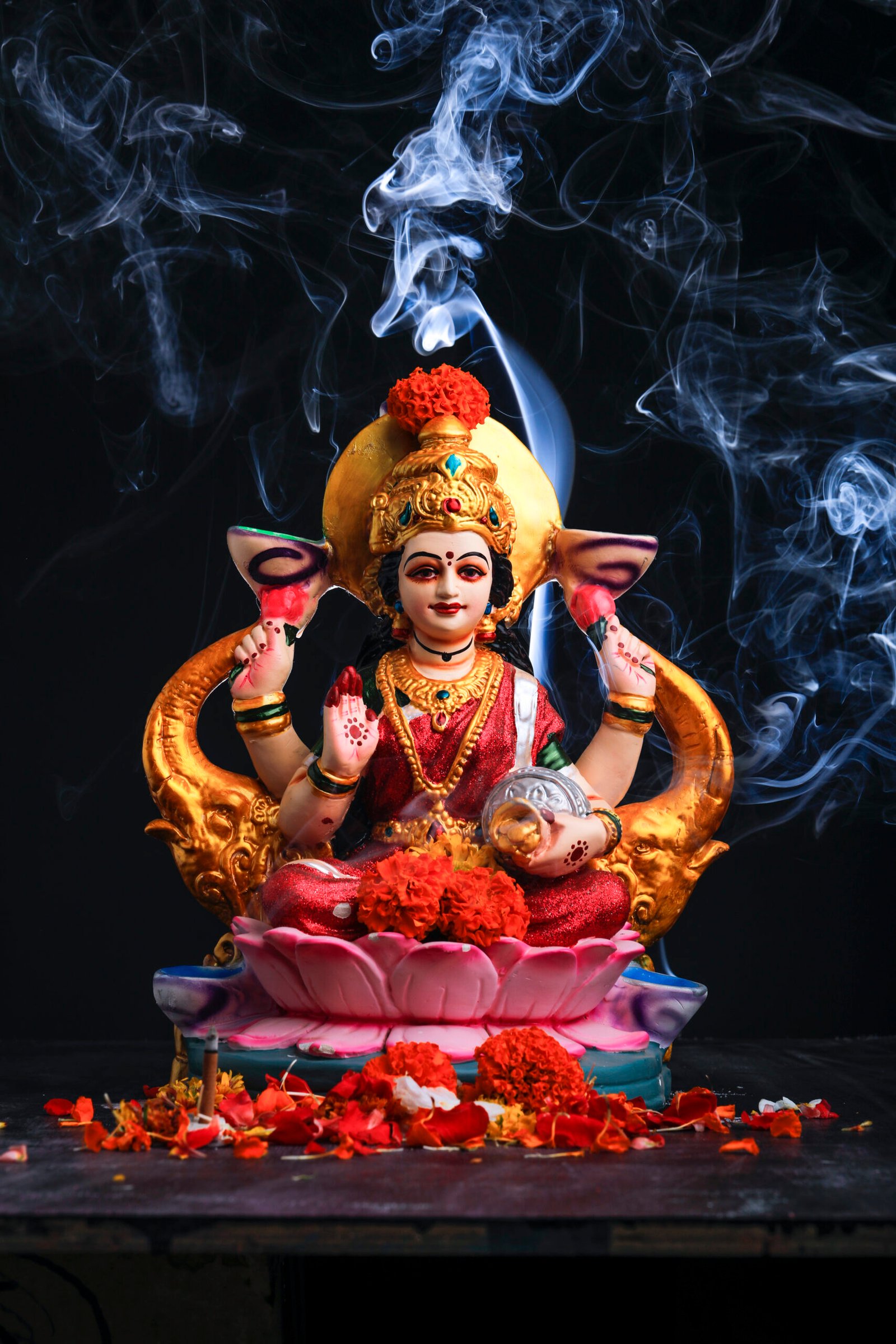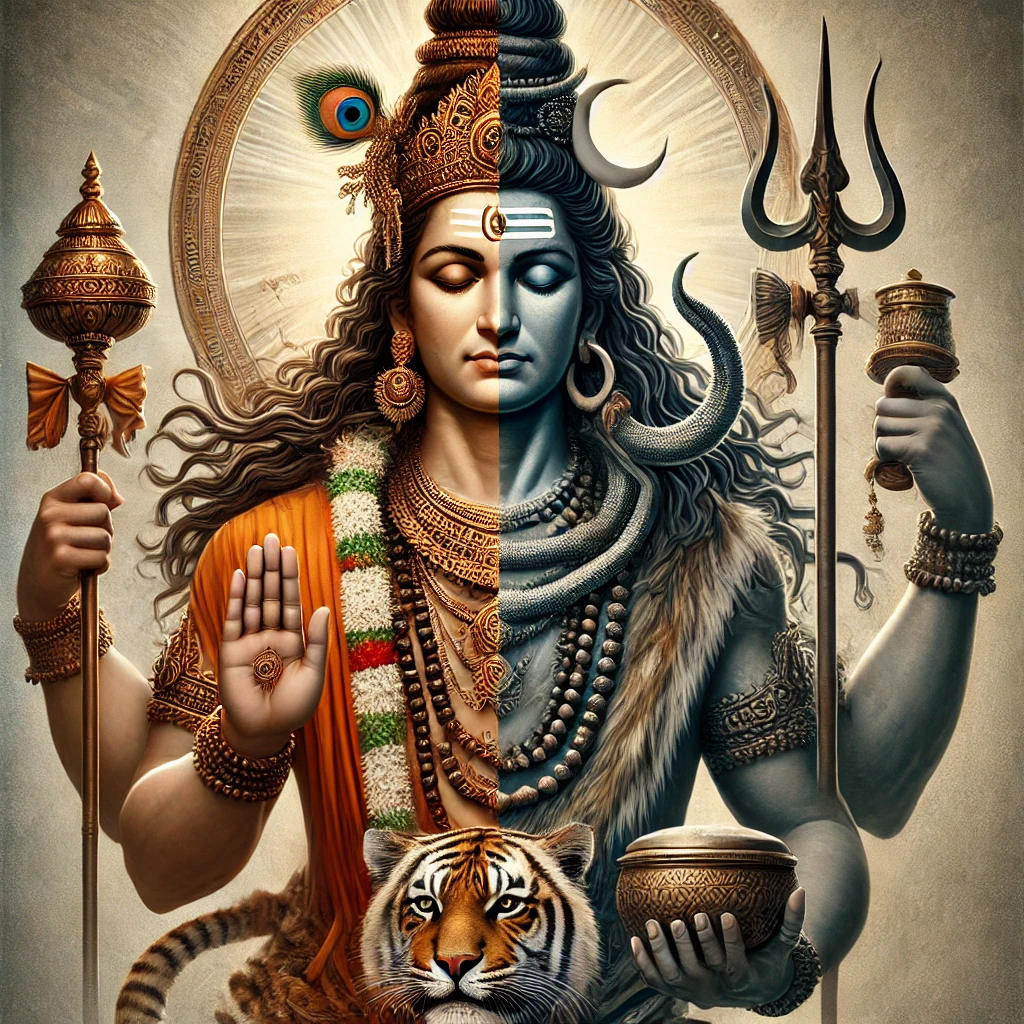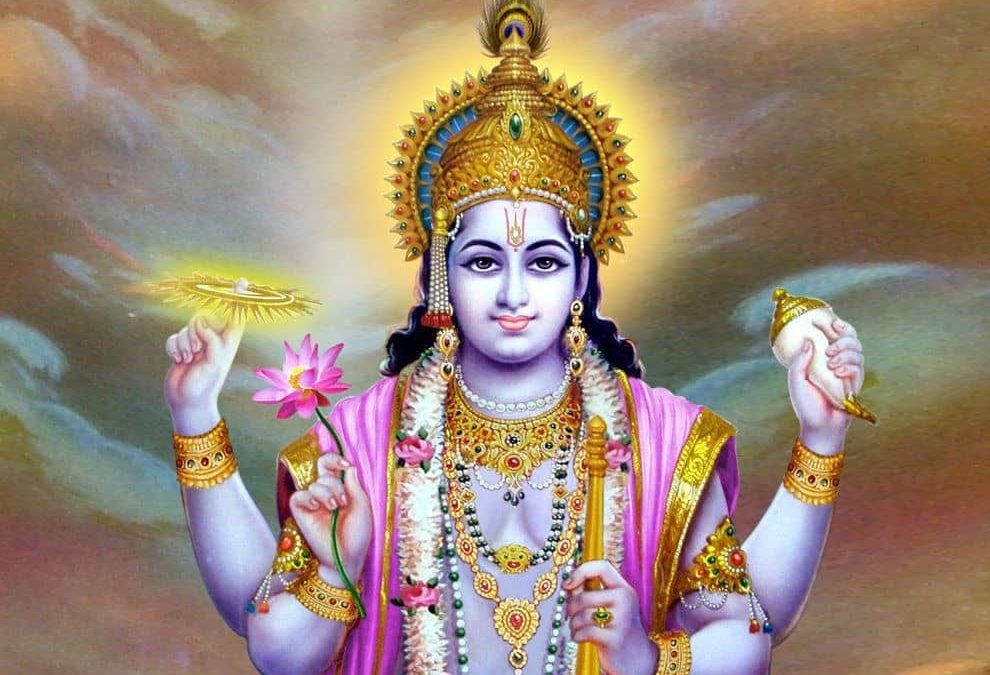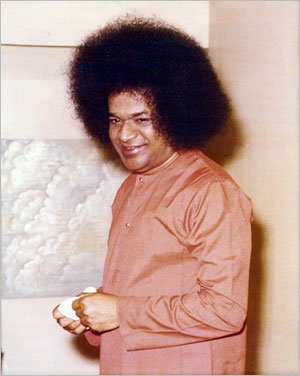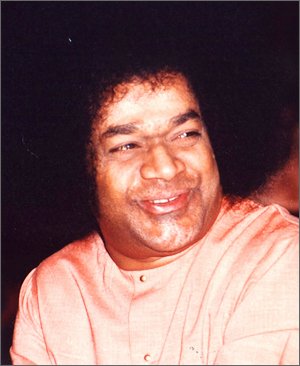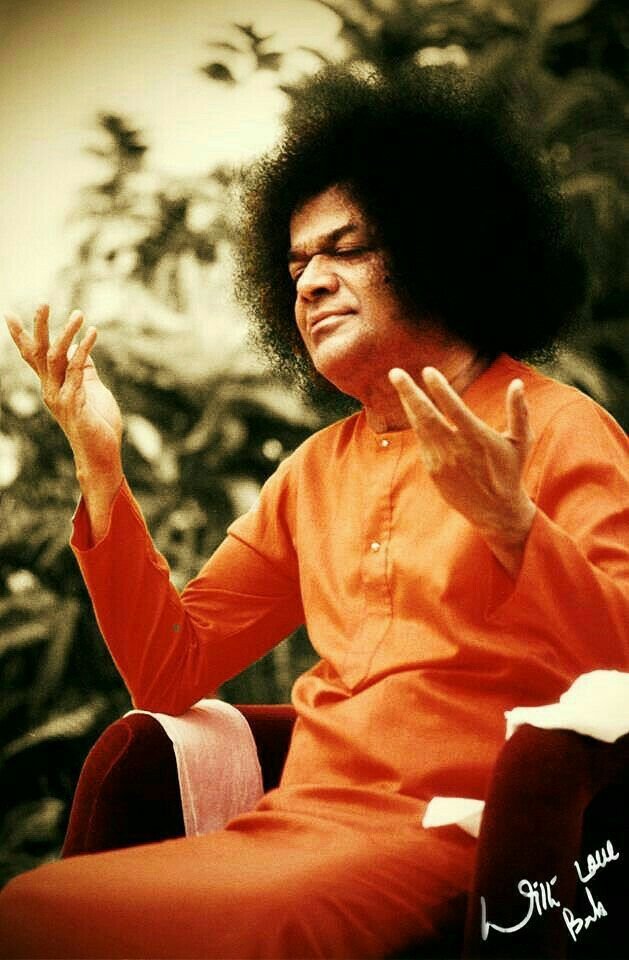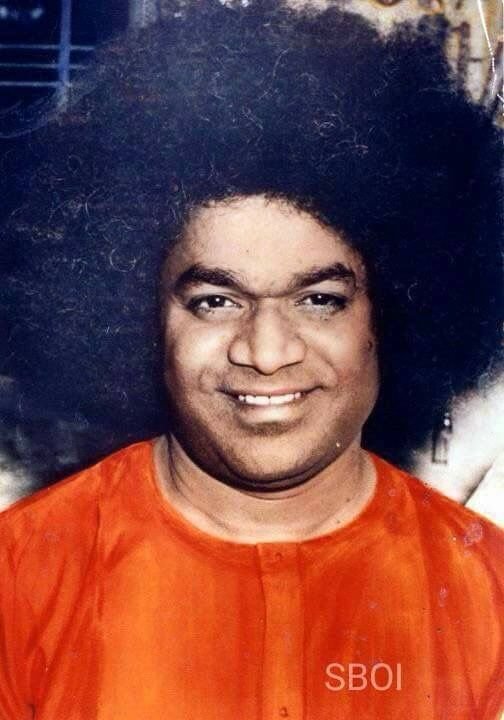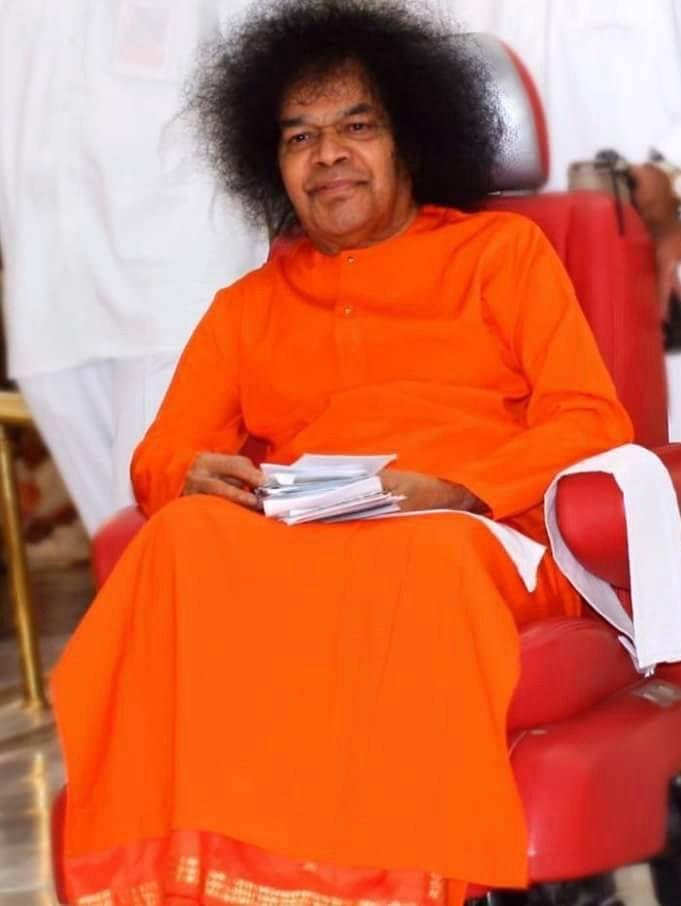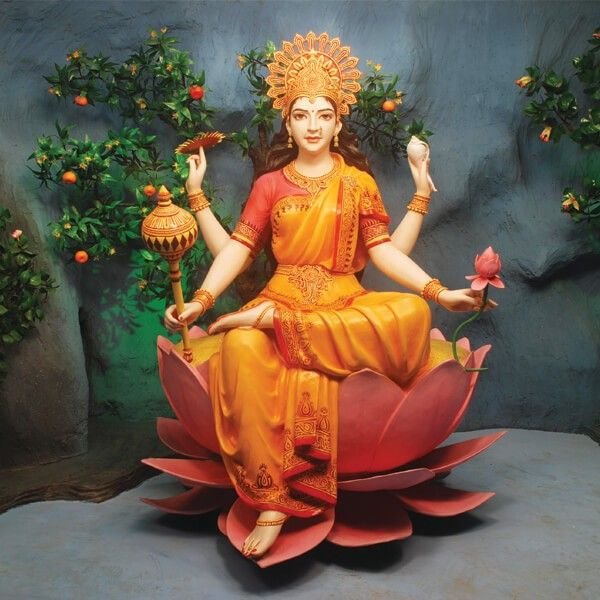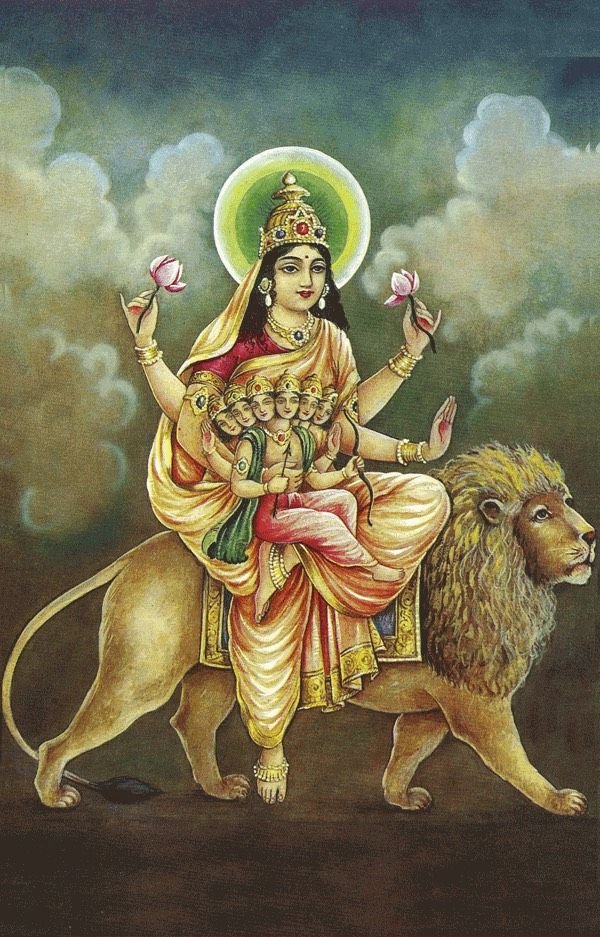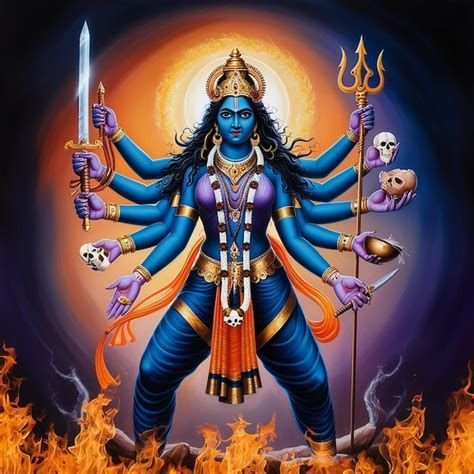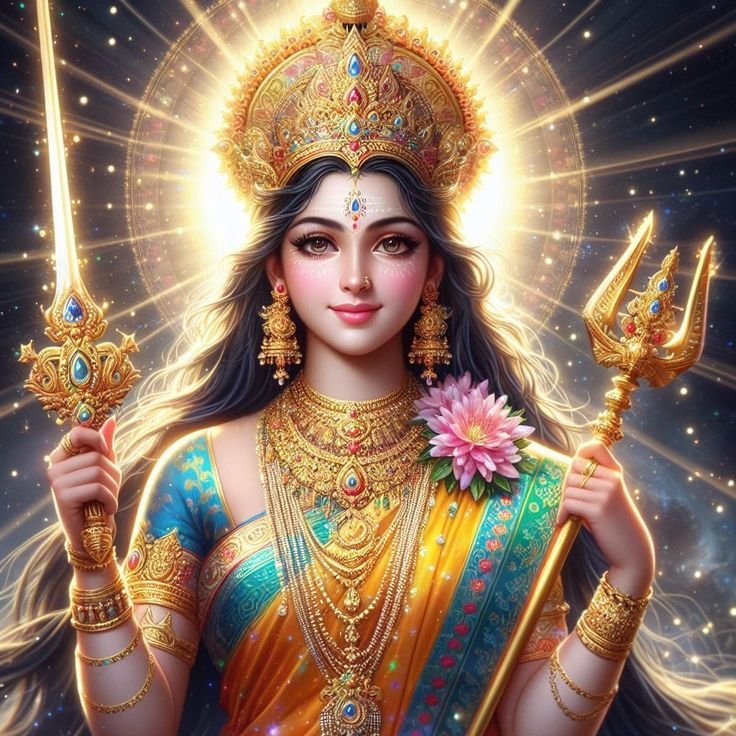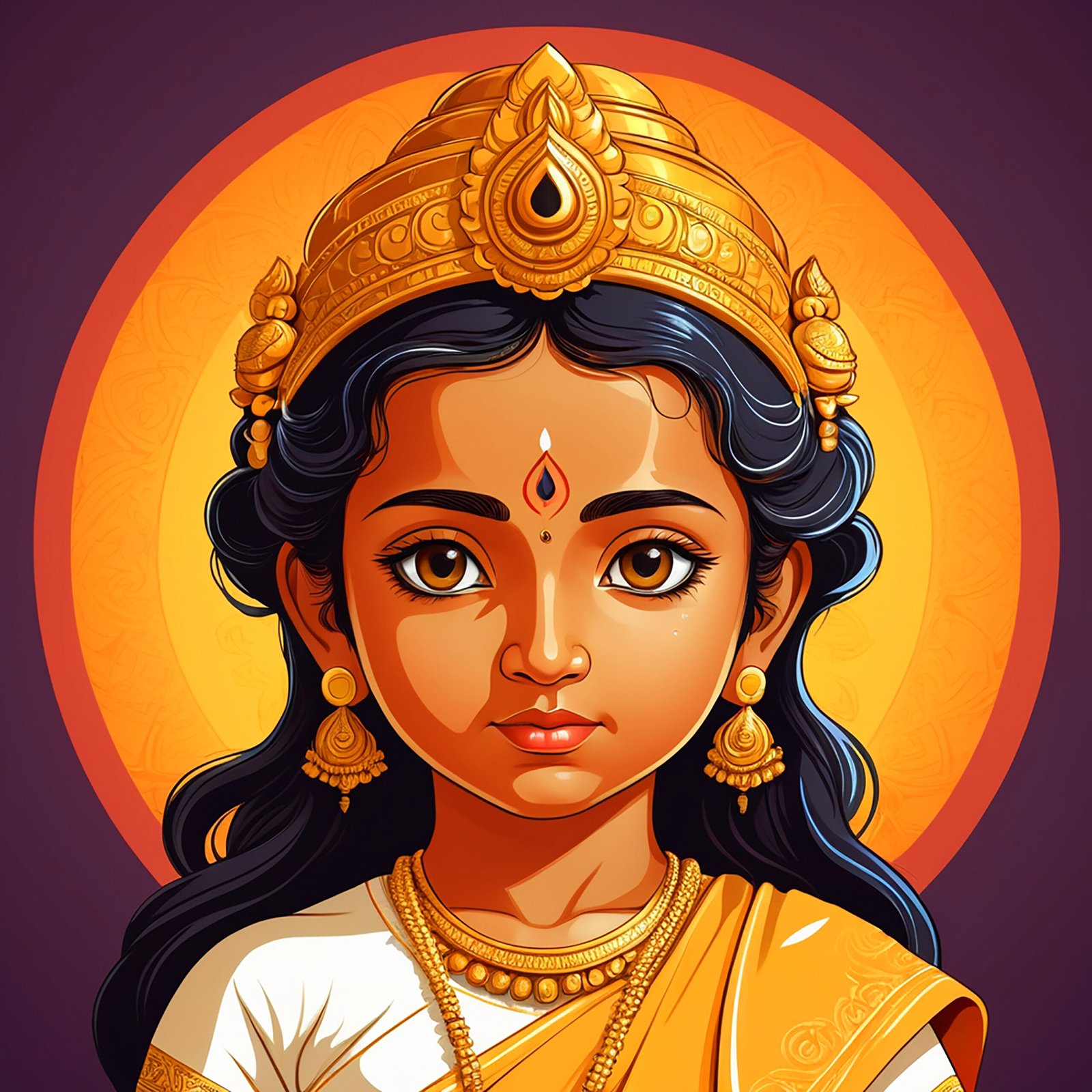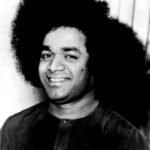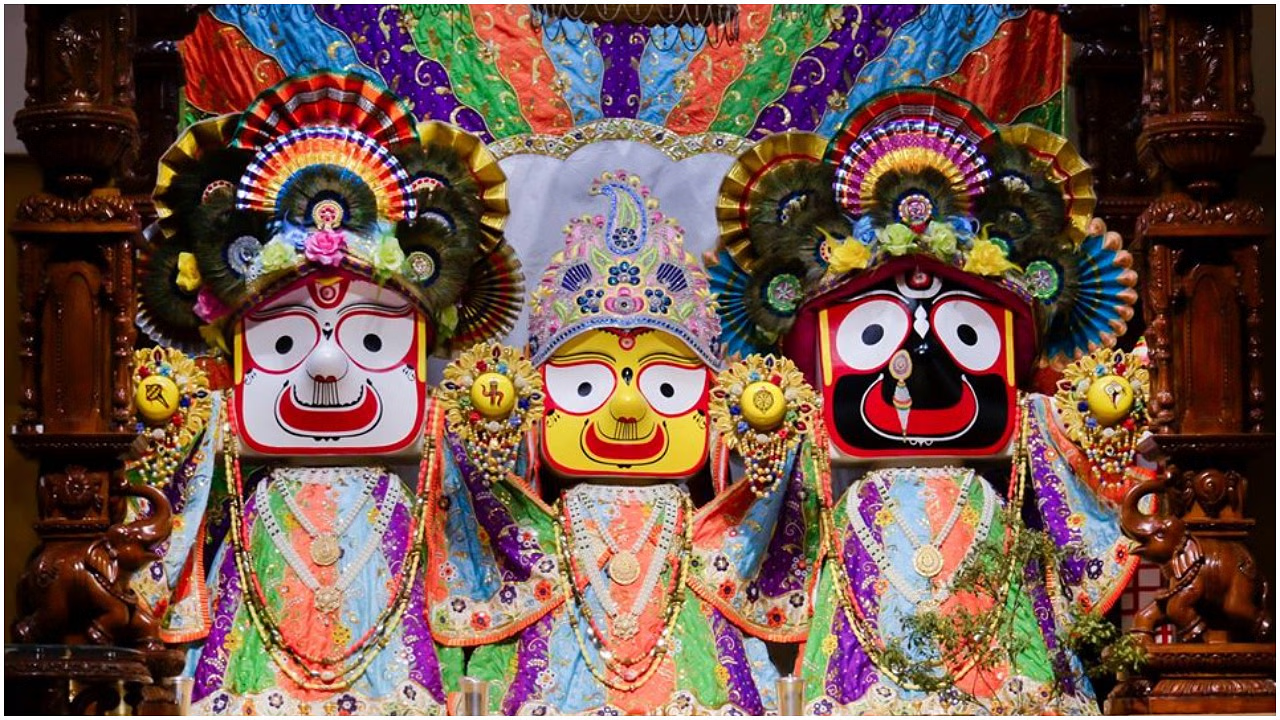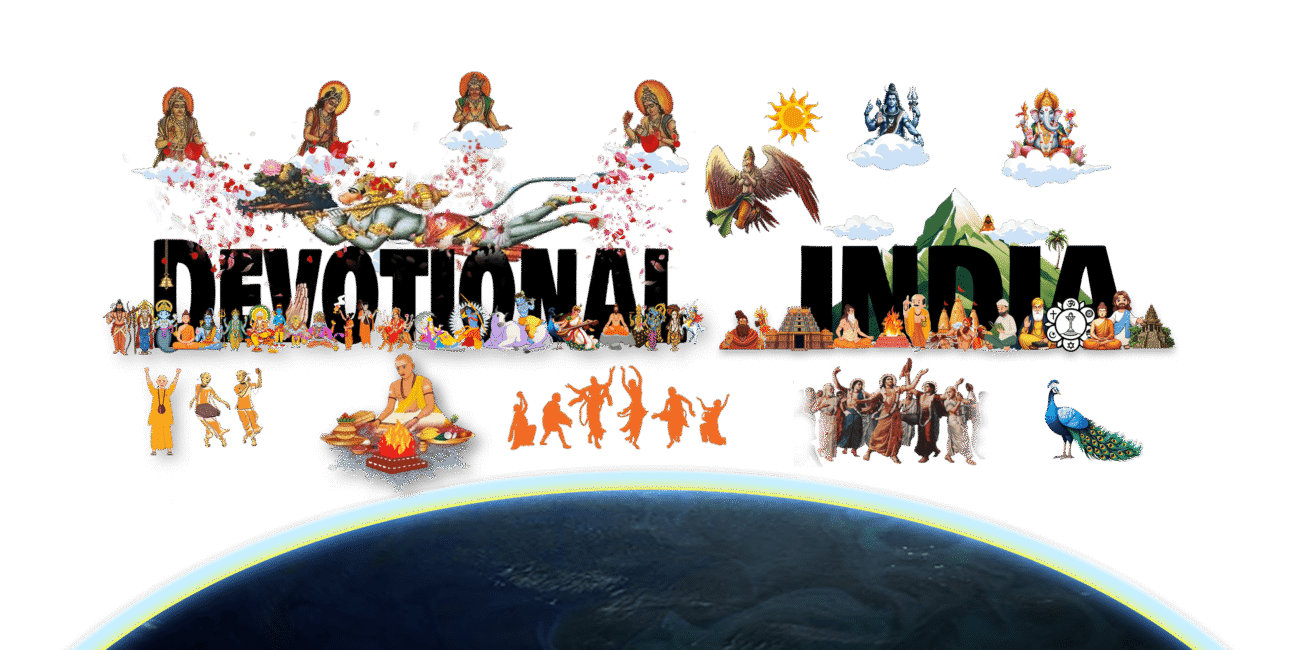
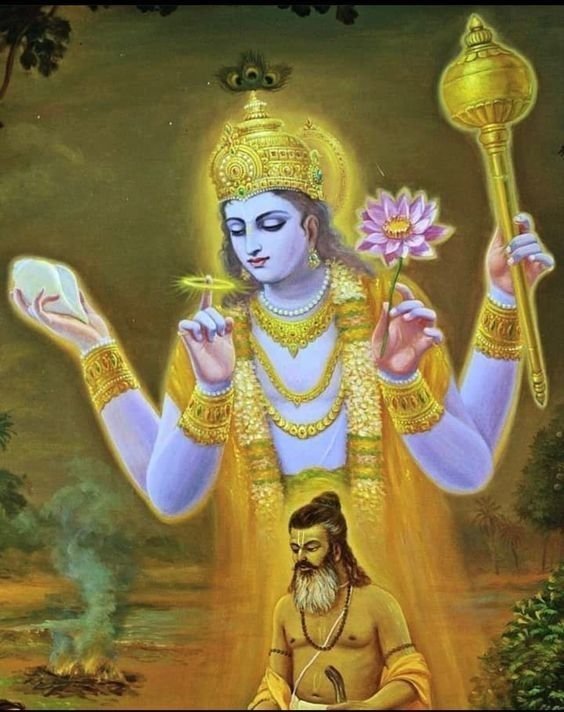
History and Origin of Vyasa Avatar

In Hinduism, Vyasa is considered one of the most revered sages and is often described as the compiler of the Vedas and the author of several important scriptures, including the Mahabharata, Puranas, and Vedanta. Vyasa is also known as Krishna Dvaipayana Vyasa (his full name), and he is considered a direct incarnation of Lord Vishnu, specifically sent to organize the knowledge of the cosmos and preserve it for future generations.
The Birth of Vyasa:
Vyasa was born to the sage Parashara and a fisherwoman named Satyavati. His birth was divine, as his father was a sage of high repute and his mother a woman of humble birth. Vyasa’s birth is significant in the sense that it symbolizes the bringing together of spiritual wisdom and worldly knowledge, transcending the boundaries of caste and social status.
Role and Purpose of Vyasa Avatar
Vyasa’s primary role was to organize and preserve sacred knowledge for the benefit of humanity. This involved several important tasks:
Spreading Knowledge: As the epitome of wisdom, Vyasa’s task was not only to compile sacred texts but also to pass down the knowledge to future generations. He played a key role in ensuring that knowledge was preserved and transmitted without distortion.
Compiling the Vedas: Vyasa’s most significant contribution was organizing the Vedas into four parts—Rigveda, Yajurveda, Samaveda, and Atharvaveda. He divided the massive body of Vedic knowledge into more accessible portions to make it easier for future generations to study, understand, and pass on.
Composing the Mahabharata: Vyasa is also credited with composing the Mahabharata, one of the two greatest epics in Hindu literature. The Mahabharata is not just an epic story, but also a repository of spiritual wisdom, covering topics such as dharma (righteousness), karma (action), bhakti (devotion), and yoga (spiritual discipline). The epic includes the Bhagavad Gita, a key scripture in Hindu philosophy.

Writing the Puranas: In addition to the Vedas and Mahabharata, Vyasa is said to have authored the Puranas, a vast genre of texts that encompass mythology, cosmology, genealogy, and the history of the universe, gods, and sages. These texts are critical to understanding the divine and cosmic principles in Hinduism.
Vyasa Avatar’s Significance
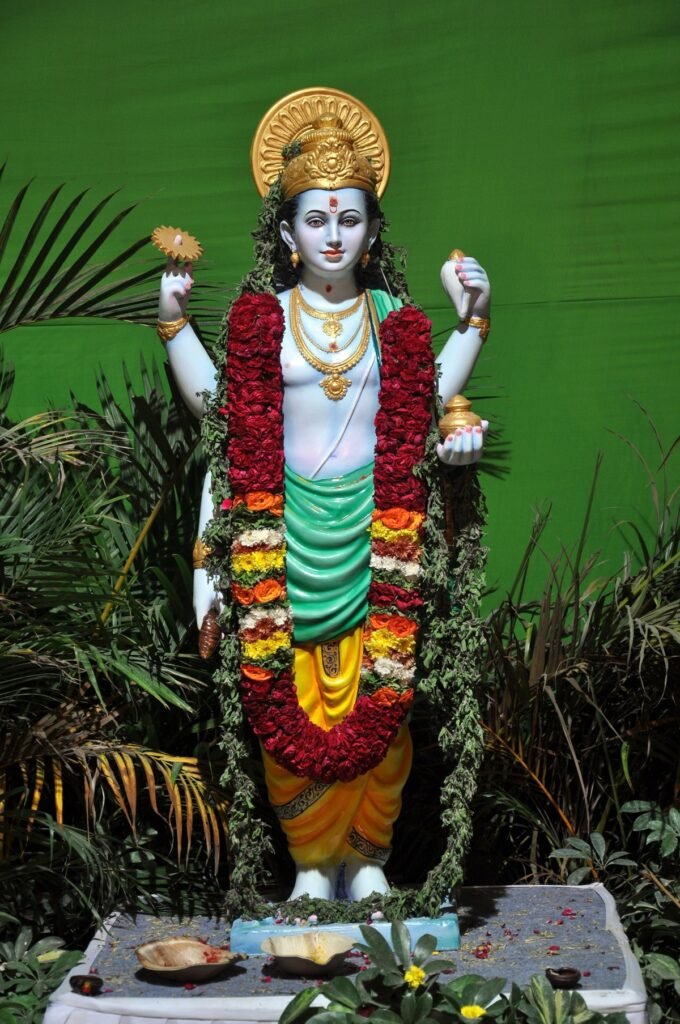
The Vyasa Avatar is unique because it is not about physical prowess or valor but about knowledge, wisdom, and intellectual contributions to society. The significance of Vyasa’s avatar can be summarized as follows:
The Father of Many Texts: As the compiler of the Vedas, the author of the Mahabharata, and the writer of the Puranas, Vyasa is one of the most prolific figures in Hindu scripture. His works form the cornerstone of Hindu philosophy, mythology, and spiritual practice.
The Preservation of Knowledge: By organizing and compiling the Vedas and other sacred texts, Vyasa ensured that humanity had access to spiritual wisdom, divine truths, and teachings on how to live a righteous life. Without Vyasa’s intervention, the knowledge of the Vedas could have been lost or scattered.
The Bridge Between Divine and Human Knowledge: Vyasa is the link between divine knowledge and human understanding. He made complex spiritual and philosophical concepts more comprehensible and accessible to ordinary people, ensuring that divine wisdom would be available to all.
The Teacher of Dharma: Vyasa is often seen as a spiritual teacher or guru, and his role as a divine figure emphasizes the importance of knowledge in understanding dharma (righteousness) and karma (the law of cause and effect). His teachings help guide individuals on the path of self-realization and liberation.

